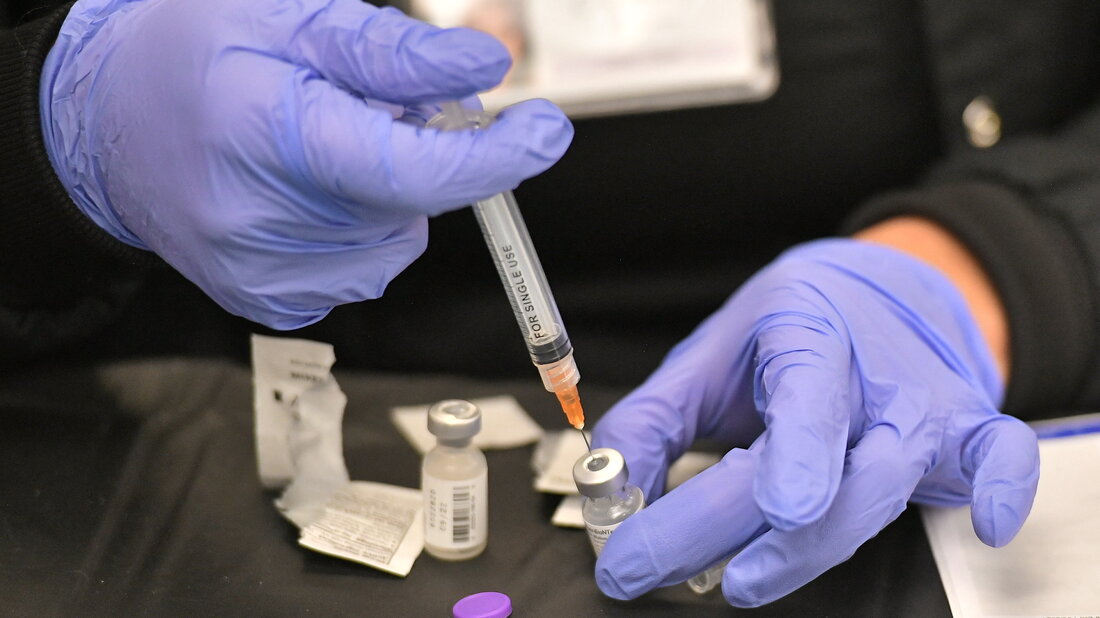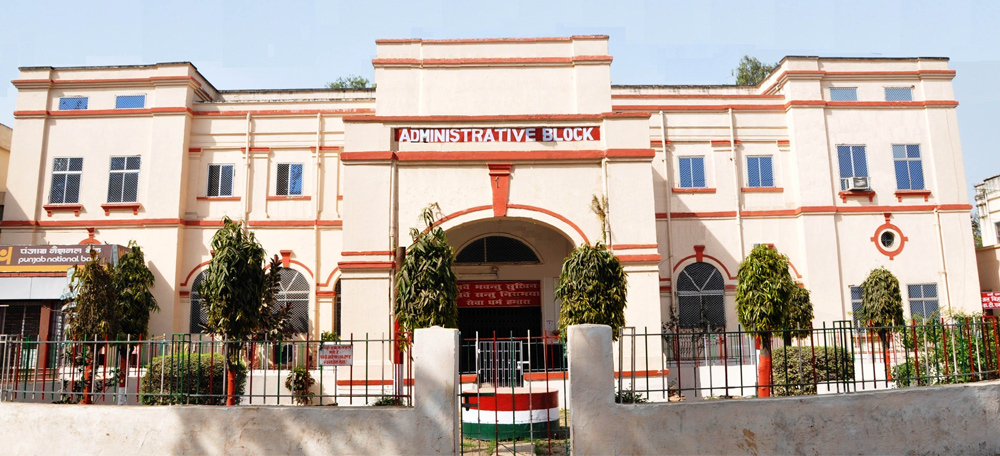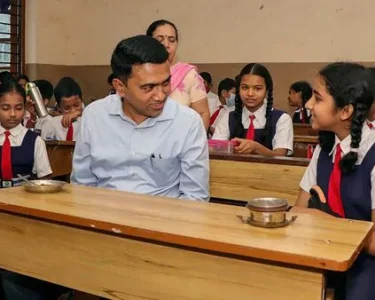The publication of the Banaras Hindu University (BHU) study on Covaxin has stirred considerable debate in the scientific community and beyond. Titled “Long-term safety analysis of the BBV152 coronavirus vaccine in adolescents and adults: Findings from a 1-year prospective study in North India,” this research sought to shed light on the safety profile of Covaxin—a crucial tool in India’s vaccination strategy against COVID-19.
Research Insights: What the BHU Study Revealed About Covaxin
The study’s authors conducted interviews with 926 participants—635 adolescents and 291 adults—who received the Covaxin vaccine. One year after vaccination, participants were contacted to report any side effects they experienced. The results indicated that while mild to moderate side effects were common—such as headaches, fatigue, and low-grade fever—there were no severe adverse events recorded.
These findings are critical for several reasons. Firstly, they align with the existing safety profile of Covaxin, providing reassurance to the public about the vaccine’s safety. Secondly, as vaccination efforts continue worldwide, understanding the potential side effects is vital for maintaining public confidence in vaccination programs.
However, the backlash against the BHU study raises important questions about the transparency and validity of the research process. Critics have voiced concerns over the study’s methodology, including its sample size and the representativeness of the participants. As discussions unfold, it becomes increasingly evident that rigorous research methodologies are essential for establishing public trust in scientific findings.
Defining Academic Freedom: The Impact of Defamation Threats
Another critical aspect of the controversy surrounding the BHU study is the potential for defamation lawsuits against researchers. The fear of legal repercussions can inhibit scientific inquiry and discourage researchers from publishing their findings. This chilling effect undermines the very essence of academic freedom and creates an environment of fear.
When researchers are afraid to share their findings due to the threat of litigation, it can have far-reaching consequences for public health. Independent research plays a vital role in enhancing our understanding of vaccine safety and efficacy. If scientists are unable to pursue inquiries freely, it may limit the scope of public health research and hinder efforts to address important questions related to vaccines.
Furthermore, a culture of fear can exacerbate public distrust in scientific research. If researchers cannot communicate their findings without fear of backlash, it may lead the public to question the motives behind vaccine safety assurances. This dynamic can complicate efforts to combat misinformation and foster confidence in vaccination programs.
Looking Ahead: The Future of Vaccine Research and Public Trust
As the discourse surrounding the BHU study continues, it is essential to advocate for a research environment that values academic freedom and protects researchers from defamation threats. Public health depends on the dissemination of accurate information about vaccines, and researchers must be able to communicate their findings without fear of repercussions.
The BHU study serves as a reminder of the importance of supporting independent research and fostering a culture that prioritizes transparency and accountability. Ensuring that researchers can pursue inquiries freely is crucial for promoting public trust in vaccination efforts.
The findings of the BHU study on Covaxin’s long-term safety underscore the need for rigorous research methodologies and the protection of academic freedom. As India continues its vaccination efforts, it is essential to create an environment where scientists can freely share their findings, ultimately fostering public confidence in vaccine safety and efficacy.






